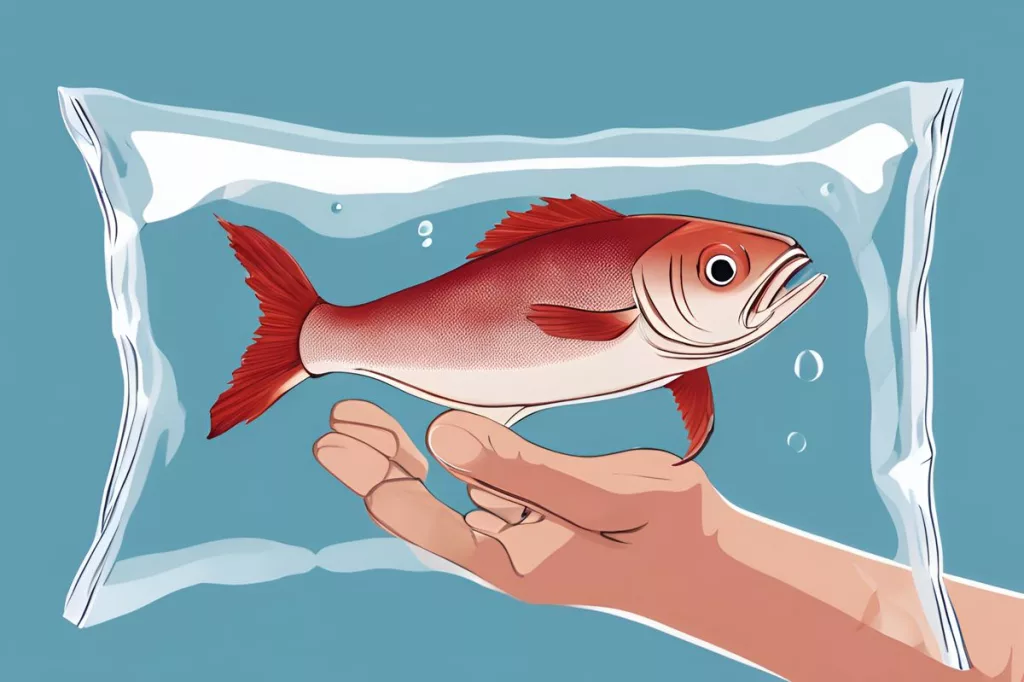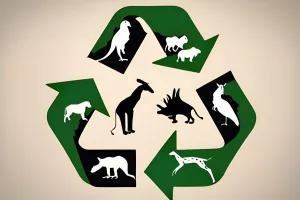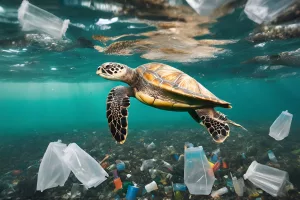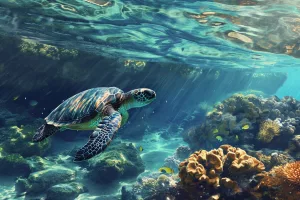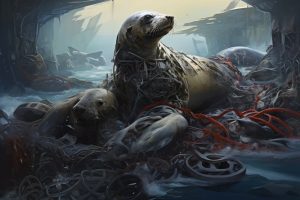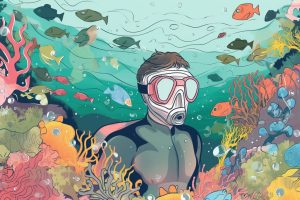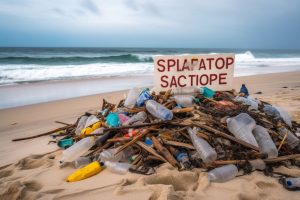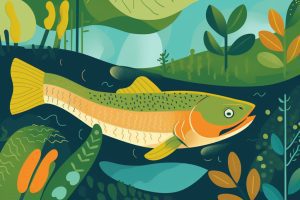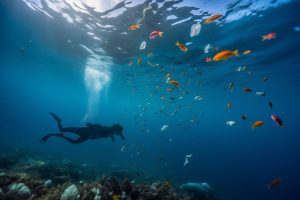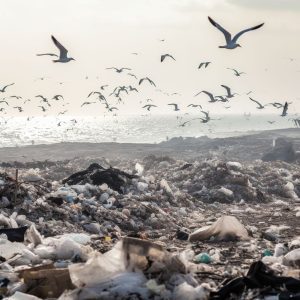The Two Oceans Aquarium Trash Bash initiative brings together community members to combat plastic pollution in the ocean. Participants join in regular cleanup activities on land and underwater, using the Dirty Dozen methodology to document the most common items polluting the coastline. The campaign offers a communal call to arms, demonstrating the power of collective responsibility in the fight against plastic pollution. The next cleanup event is planned for May 2024 at Hout Bay Beach, with prizes available for participants and ongoing efforts to combat plastic pollution throughout the year.
South Africa is making significant contributions to the global fight against plastic pollution by participating in the Intergovernmental Negotiating Committee’s fourth session (INC4) in Ottawa, Canada. With a deep understanding of the harmful impacts of plastic pollution on land, water, and marine ecosystems, South Africa is committed to implementing strategies that bolster waste management services, encourage recycling systems and raise public awareness through cleanup campaigns. The country’s negotiation strategy is fortified by its Constitution’s pledge to safeguard an unspoiled environment and protect it from plastic pollution.
Bokkie is a green turtle who was found in a terrible condition due to plastic pollution in the ocean. She was rescued and cared for by the Turtle Conservation Centre, where her health improved. However, during her recovery, it was discovered that she had ingested a large amount of plastic waste, highlighting the urgent need for environmental protection. Bokkie’s story is a call to action for mindful waste management and preservation of marine ecosystems.
Nobomvu, a loggerhead turtle nicknamed the “Red Lady,” was rescued from a ghost fishing net and diagnosed with osteomyelitis. The Turtle Conservation Centre invested two years in rehabilitating Nobomvu, equipping her with tracking devices to provide critical data for turtle conservation efforts. Nobomvu’s story serves as a reminder of the pressing need for a harmonious relationship with nature and the devastating impact of marine pollution on marine life.
Nature’s allure often stems from tales of struggle and perseverance that arise within it. One such story involving three young seals and their rescuers, James Suter and Guy Gafney, has recently captivated our hearts and minds. In a world grappling with the escalating menace of plastic waste, this account serves as a touching reminder of how our actions affect the environment and emphasizes the need for collective efforts to preserve marine ecosystems.
On a beautiful Saturday morning, over 300 swimmers will gather at Durban Beach Club to participate in the Ardagh Glass Packaging World Oceans Day Swim. This event is not just an ordinary openwater race, as it holds a deeper purpose, which is to be part of the global movement against pollution and to strive for cleaner oceans.
The South African government has been taking significant steps to address the issue of plastic pollution in the country. Minister of Forestry, Fisheries, and the Environment, Ms. Barbara Creecy, visited two recycling plants in Cape Town to emphasize the urgency of combating plastic pollution.
World Environment Day is a global call to action for preserving our planet and was established in 1972 by the United Nations General Assembly. In the Western Cape, Anton Bredell, the Minister of Local Government, Environmental Affairs, and Development Planning, has used this occasion to draw attention to the pressing environmental concerns and the ongoing efforts to combat them.
Cape Town is set to host a global event on June 5th, 2023 the World Environment Day (WED) 2023. This year’s theme, “# Beat Plastic Pollution,” will be spearheaded by South Africa’s Minister of Forestry, Fisheries, and the Environment, Ms. Barbara Creecy, and the United Nations Environment Programme (UNEP). The focus is on tackling all forms of waste and pollution, with particular emphasis on the detrimental impact of plastic.
Plastic pollution has become a significant global concern due to its harmful impact on the environment, wildlife, and human health. The production and disposal of plastic present several challenges that require immediate action. The second Intergovernmental Negotiating Committee (INC2) on Plastic Pollution aims to develop a comprehensive, legally binding global instrument to address these challenges.

